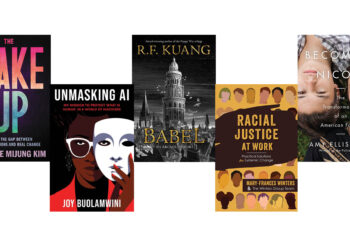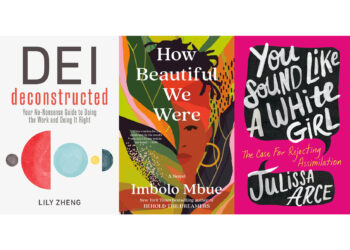
- Image via CrunchBase
(Editor’s Note: This is the first entry in a three-part series on the topic of how digital players in the consumer space — especially Amazon — may factor into the future of STM publishers.)
While I’m loathe to incur the wrath of the Kindle-istas (who are starting to challenge us Mac-fanboys for defensiveness), I thought a recent Forbes essay by Tim O’Reilly would be of interest, as it draws parallels between the Kindle and Internet ventures like AOL and the Microsoft Network. Both were early pioneers with arguably superior tools and interfaces for most users, but both had locked-down, proprietary architectures, which led to their demise.
Open allows experimentation. Open encourages competition. Open wins. Amazon needs to get with the program. Or, like AOL and MSN, Amazon will wind up another online pioneer who ends up a belated guest at the party it planned to host.
As a consumer, I want an e-book reading device. As a publisher, I want the market to thrive. But I don’t think either will happen until there’s an openly licensed common file format used across devices in the market. Monopoly gatekeepers are bad for artists and bad for audiences. As an example, note this comment in the Slashdot discussion of O’Reilly’s article:
The primary issue I had with the DRM is that they had the download limit [on the book “House of Cards” published by Doubleday] set to 1. Hence once I downloaded it to my Kindle2 I could not read it on my iPhone or another Kindle (such as the DX I was considering purchasing at the time).
There’s no declaration of the download limit when one purchases a Kindle book from Amazon. You don’t know if you’ll be able to read it on all your devices until after you’ve purchased it. We need an open, competitive market to eliminate abuses such as this one. While the Google Books Settlement appears to be heading for some serious challenges, I’m looking forward to seeing another Internet giant enter the fray. At the very least, they’ll present some high profile competition and drive Amazon forward toward making a better, more attractive product. They’ll push each other, much as Palm’s Pre and Google’s Android are starting to push the iPhone forward. Even better would be a common format, along the lines of the MP3 or AAC formats available for music, which would really open things up to swift evolution and improvement.
Without an open standard, O’Reilly makes a bold prediction:
Unless Amazon embraces open e-book standards like epub, which allow readers to read books on a variety of devices, the Kindle will be gone within two or three years.
Discussion
3 Thoughts on "O’Reilly to Amazon: Open the Kindle!"
I fully agree with Tim O’Reilly. And there is another reason to use open specifications for eBooks, namely to allow complex STM content, like tables and math, to be used in eBooks. Presently there is no solution for complex STM content, save a dumb PDF.
yep. note to amazon: open the kindle!
and – note 2 to amazon: open your dang e-book format! why shouldn’t sony reader owners be able to purchase their content directly from amazon, rather than (possibly) having to purchase from other sources, where content is far more expensive? i’m thinking their $ is as good as anyone’s..
![Reblog this post [with Zemanta]](http://img.zemanta.com/reblog_e.png?x-id=777ae460-bc84-4fd1-9b8c-4cc7fff41881)


